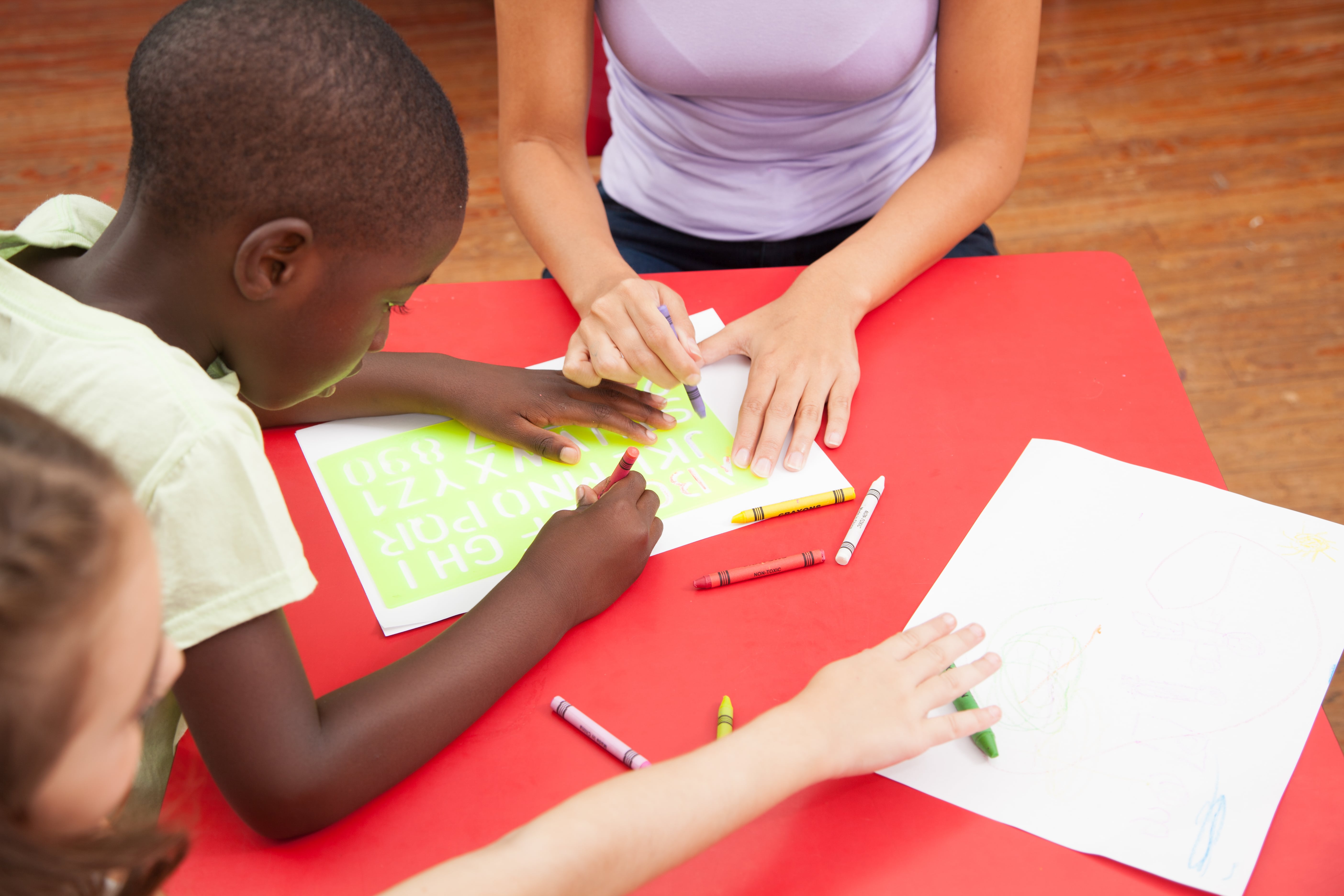
A new research project, awarded £360,000 from the Economic and Social Research Council, part of UK Research and Innovation, will explore the impact of the COVID-19 pandemic on child protection practice and children and families, with the aim of improving the capacity of social workers to keep children safe in a period of institutionalised social distancing.
The study, which will be led by the University of Birmingham, will look at how social work practice, which relies heavily on achieving closeness to keep children safe, most often in the family home, can help families in a period of social distancing, increased stress, poverty, risks of domestic abuse and other harms within families.
During the early phase of the COVID-19 lockdown, social work organisations produced practice guidelines reflecting social distancing recommendations. This has opened up a vital research agenda about how such guidance, including the use of ‘virtual home visits’ via video calls, will be put into practice.
This project will help fill this gap and provide much-needed guidance on how some of these new measures involving social distancing on home visits can be implemented effectively during and after the pandemic. Building on previous research from the same authors (looking at social work home visits and the use of digital technology in everyday life), the project will analyse the effectiveness of digital methods such as ‘virtual home visits’ and video calls to keep children safe and also advise on how they can be used most effectively.
Professor Harry Ferguson from the Department of Social Work and Social Care at the University of Birmingham commented: “The COVID-19 crisis is presenting governments, social work leaders, managers and child protection practitioners with unique challenges and our hope is that this new research will provide services with insights and evidence that can improve their capacity to keep children safe and help families at this enormously difficult time.”
The researchers will also look at the effects of COVID-19 on social workers’ well-being and practice, including the availability of personal protective equipment and what it is like for staff working almost exclusively from home by examining the quality of emotional support and case direction being provided. They will also explore children and families’ experiences of social work during the pandemic and the extent to which parents' needs and rights are understood and being responded to.
The project will last for 15 months, and the research team is Professor Harry Ferguson and Dr Laura Kelly from the University of Birmingham, and Professor Sarah Pink from Monash University, Australia. The project is also being supported by Research in Practice and the British Association of Social Workers.
For more information or interviews, please contact: Hasan Salim Patel, Communications Manager (Arts, Law and Social Sciences) or contact the press office out of hours on +44 (0) 7789 921 165.
About the University of Birmingham
The University of Birmingham is ranked amongst the world’s top 100 institutions. Its work brings people from across the world to Birmingham, including researchers, teachers and more than 6,500 international students from over 150 countries.
About the Economic and Social Research Council (ESRC)
The Economic and Social Research Council (ESRC) is part of UK Research and Innovation, a non-departmental public body funded by a grant-in-aid from the UK government. For more information visit www.ukri.org.